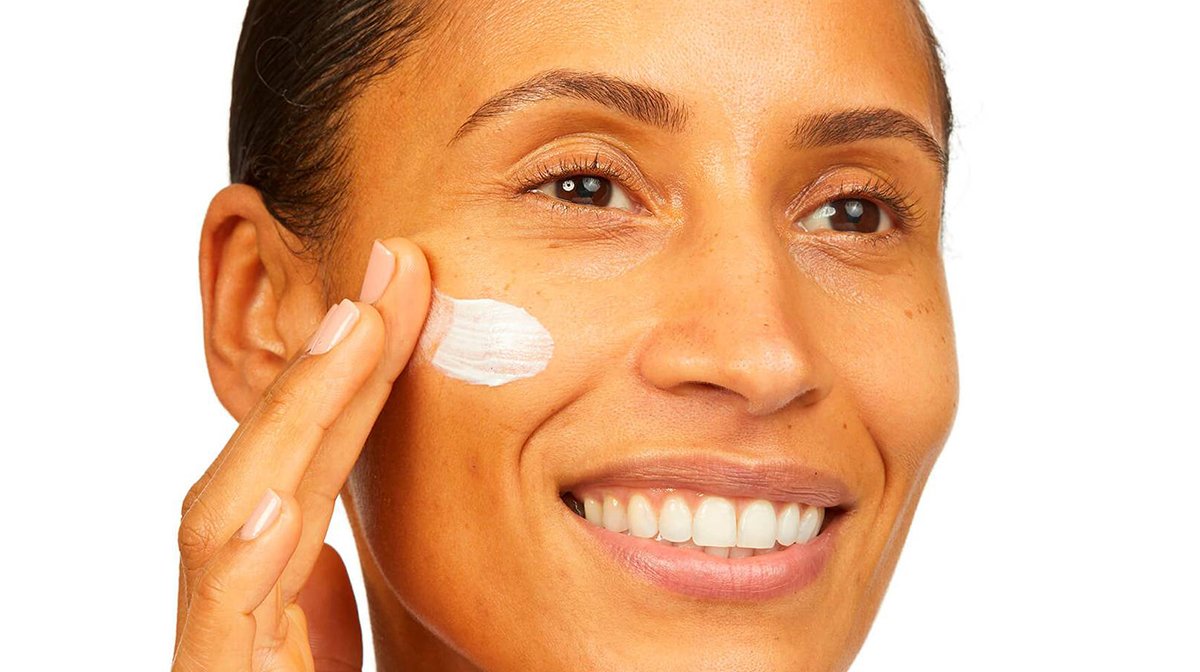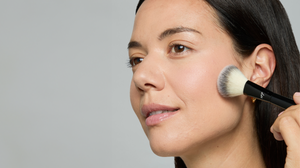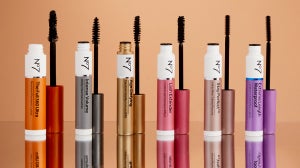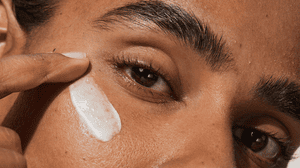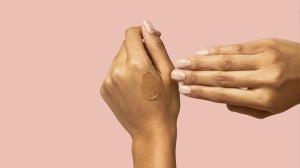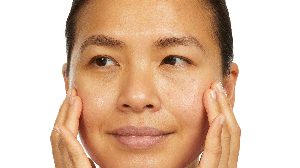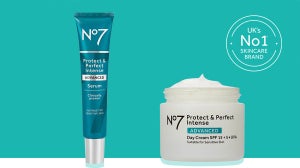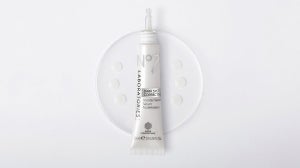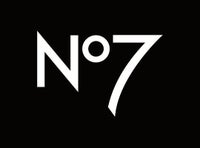
What does collagen do for skin?
Collagen, and its many benefits, is often talked about in both the health and beauty worlds. It is essentially one of the key building blocks in our anatomy and is one of the proteins featured most in our bodies. It holds us together – like metaphorical glue. It is a key element in the connective tissues in everything from our joints and hair to every bone and muscle, giving them strength.
It makes up a significant amount of your skin and is found in the middle layer (also known as the dermis). Collagen works together with another protein called elastin and elastic fibrillin to strengthen the skin and help it snap back into place when stretched – like a trampoline. As we get older this ability to ‘snap back’ diminishes as the amount of elastin and fibrillin reduces and collagen production starts to slow down. Although there isn’t a definitive age for when this starts to happen, it is widely thought that after the age of 25 we start to break down more collagen than we make. This gradual decline in the production of collagen becomes much quicker post-menopause due to the loss of oestrogen. Environmental factors such as exposure to the sun’s UV rays also play a role in the breakdown of collagen, which can occur at any age – so remember to always wear SPF. This is why we start to see fine lines and wrinkles appearing, as well a loss of ‘plumpness’ is in certain areas – such as the eyes.
Nearly all modern anti-ageing treatments, in one way or another, are designed to stimulate collagen (and its production) therefore triggering coveted anti-ageing benefits.
Various products and treatments (which are applied topically) exist in the market today, and are thought to be highly beneficial. For example, tools like micro-needle derma rollers work by using a roll of tiny needles to prick small holes in the surface of the skin. This is thought to stimulate collagen in the top layer by mimicking the body’s natural wound-healing process which boosts skin cell turnover to reduce and prevent the signs of ageing.
LED Red Light Therapy
LED light therapy is also another treatment that is said to help boost collagen. Various ‘red light’ wavelengths can be used as it is thought to build collagen and elastin which in turn helps reduce wrinkles, tightening the skin for a smoother and fuller appearance.
Vitamin C
Vitamin C is a known cofactor in the production of skin collagen and therefore a powerful ally in reducing the signs of ageing. In formulations at appropriate concentrations, it may help to improve the appearance of fine lines and wrinkles while helping provide overall skin support. So topical applications of products such as moisturisers and serums, that are enriched with it, are said to be an ideal addition to any routine. - why not try our Vitamin C range.
Read more about Vitamin C here and discover our range.
No7’s patented peptide; Matrixyl 3000 Plus™
Matrixyl 3000 Plus is a collagen-based peptide technology that boosts collagen and fibrillin for a more youthful appearance. The addition of peptides into your skincare routine encourages your skin to boost its levels of collagen, which help to plump, restore and strengthen a healthy skin barrier.
A mighty, age-defying peptide complex that’s like no other. Learn all about how it works in our handy tell-all video.
Learn more about Matrixyl 3000 Plus and discover our range.
Collagen will make a wonderful addition to any beauty regime, so why not try our range of collagen boosting products.

